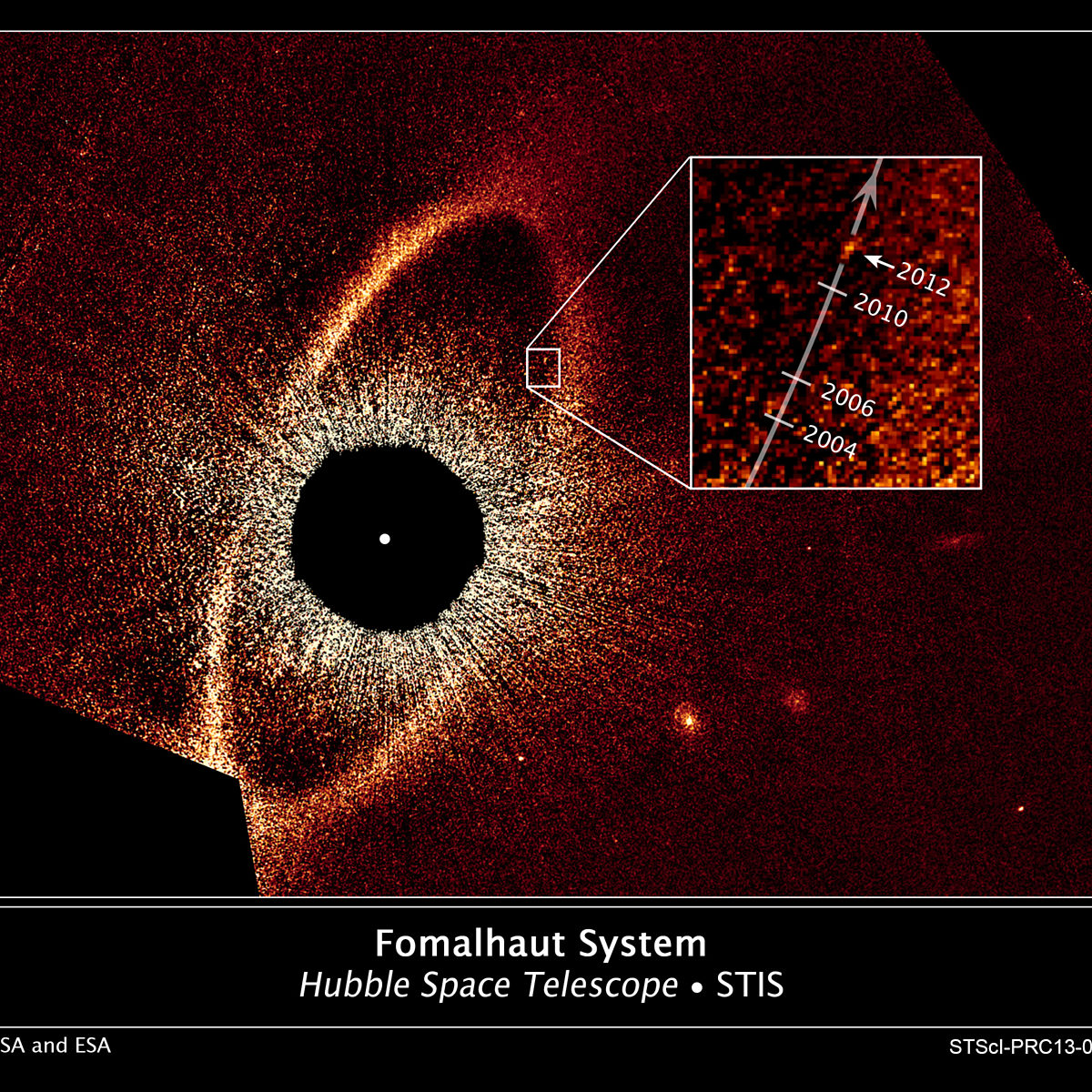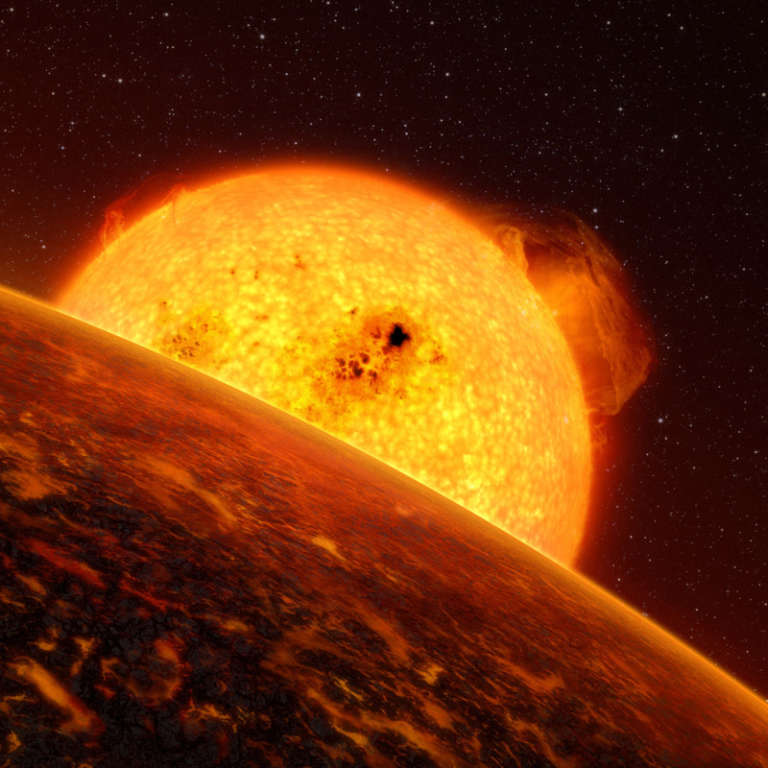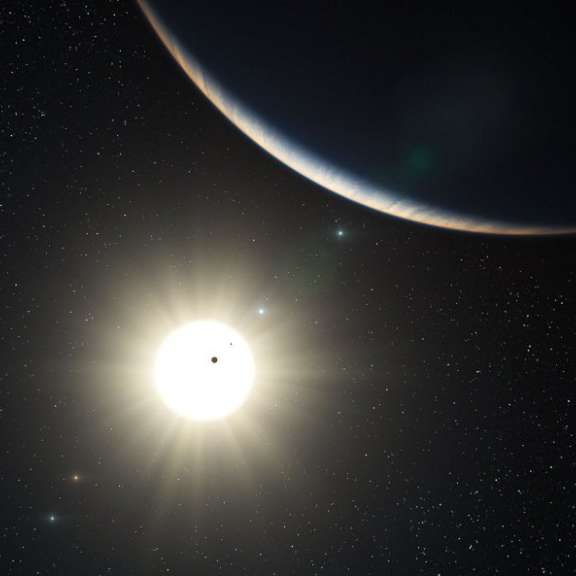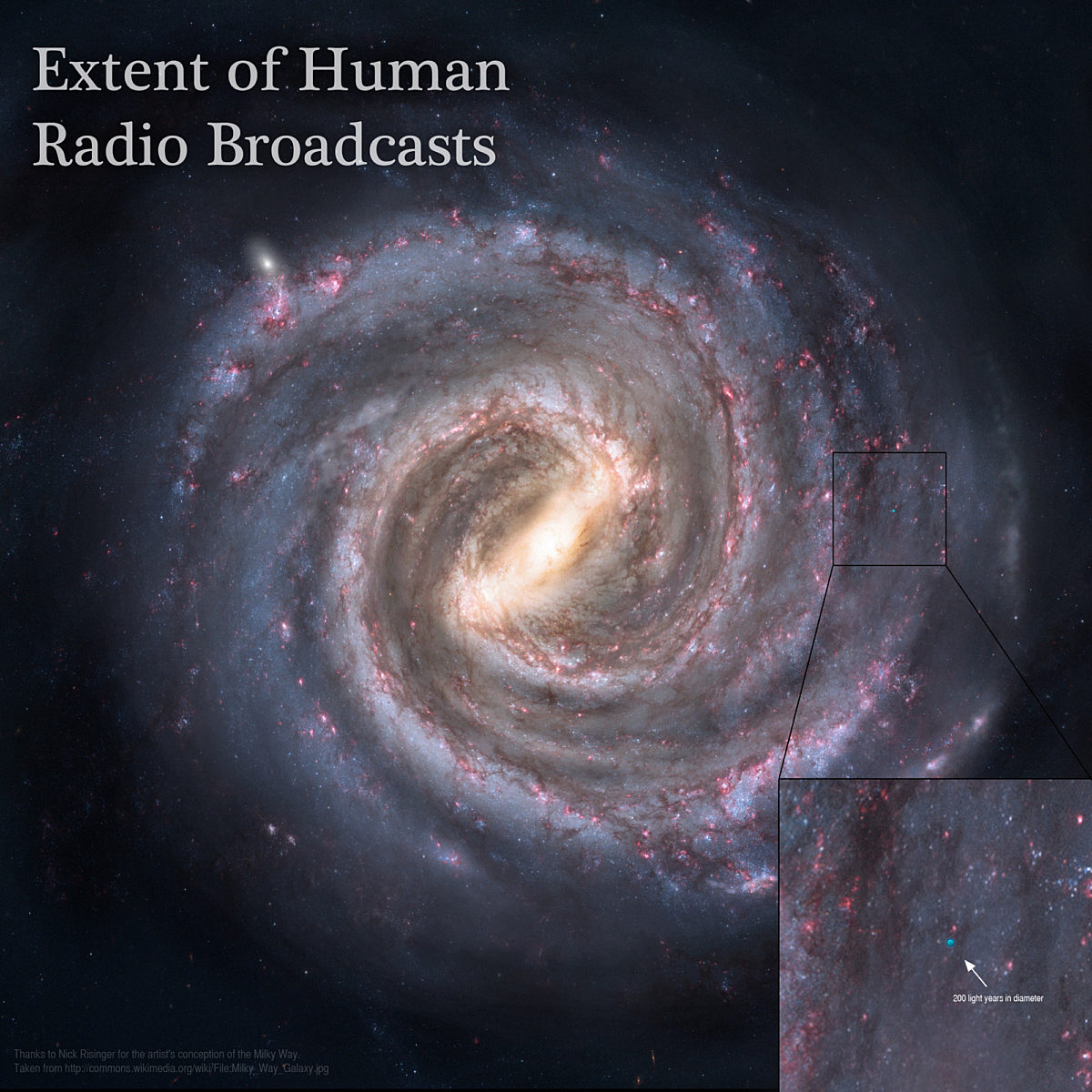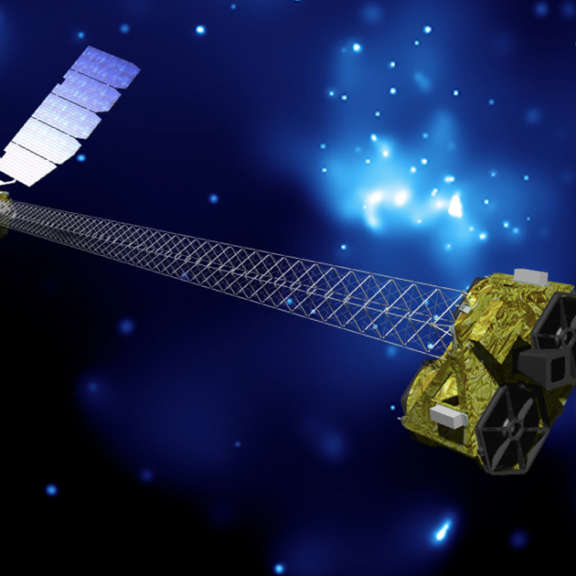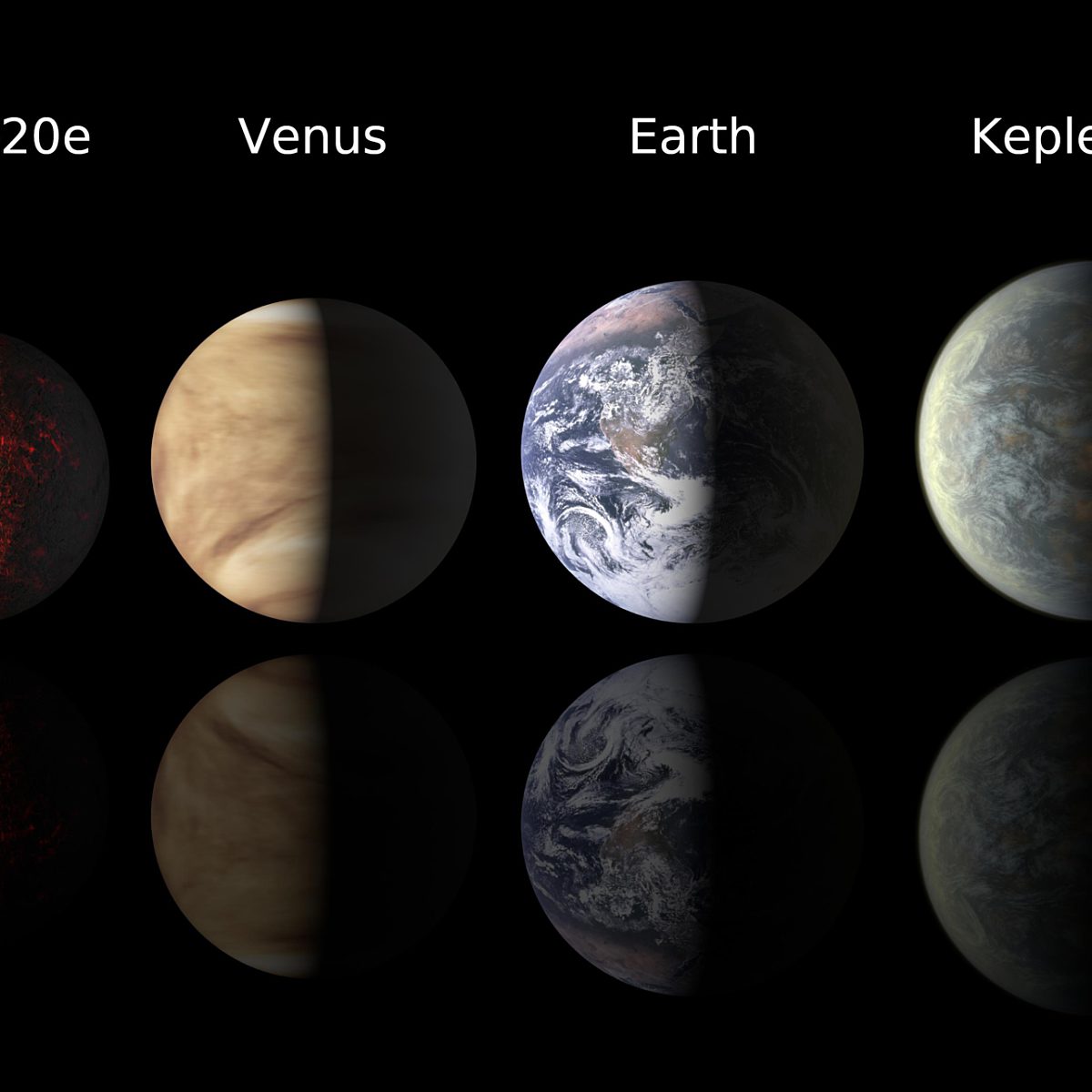All
All
Stories, updates, insights, and original analysis from The Planetary Society.
Stars, and stars, and stars: pretty pictures from the European Southern Observatory
My solar system chauvinism is well-established, but I am as much a sucker for beautiful astrophotos as the rest of you. Once in a while I get a media advisory from the European Southern Observatory about a new pretty picture posted on their website, and then I inevitably lose an hour following links to one stunner after another.
The raw data behind an Earth-like exoplanet
Taking a closer look at KOI 172.02, a super-Earth exoplanet sitting in its solar system's habitable zone.
Planetary Society Hangout: Jan 10th, 2013 - AAS Coverage with Astronomer Meg Schwamb
Join Casey Dreier and Emily Lakdawalla as they are joined by Dr. Meg Schwamb from Yale University. They will discuss the latest announcements from the American Astronomical Society 2013 conference and Dr. Schwamb's research in outer solar system bodies.
Report from AAS: Exoplanets (and exo-asteroids, and exo-comets) everywhere
This year's American Astronomical Society meeting featured tons and tons of news on exoplanets. They're everywhere! And not just planets, but also asteroids, comets, and more....
Can you find a new planet?
A change in the Kepler data delivery process provides both scientists and the public to get involved in planet discovery.
Pretty picture: Jupiter photo from an unusual source
A recently launched Earth-observing satellite is using the stars to practice its pointing, and caught a neat animation of Jupiter.
Crowdsourcing the Andromeda Galaxy
Scientists would like your help starting at high-resolution images of the Andromeda Galaxy captured by the Hubble Space Telescope.
A dispatch from J-school: two short videos
Two short videos produced by Jason Davis on astronomy and planetary science work taking place at the University of Arizona.
First Planet Discovered in Alpha Centauri System
European astronomers have made the first planetary discovery in the closest-to-Earth Alpha Centauri star system. Here is some information about the discovery, and insights from Yale Astronomer Debra Fischer, who leads another Alpha Centauri planet search partially supported by The Planetary Society.
DPS 2012, Monday: Icy moons and a four-star exoplanet
In the first full day of the annual meeting of the Division of Planetary Sciences of the American Astronomical Society, I listened to scientific sessions on icy worlds and on an exoplanet in a four-star system.
Exploring the XDF: The Hubble eXtreme Deep Field
The newly-released eXtreme Deep Field takes us even further back into the history of our universe than the Ultra Deep Field or UDF.
Every Planet in the Galaxy!
Okay, just the ones we know about. xkcd does it again.
Artist's views of a night sky transformed by a galaxy merger
A measurement of the Andromeda galaxy's proper motion shows it's coming directly at us, and will collide with the Milky Way in 4 billion years. The event will transform the appearance of our night sky.
Planets around Alpha Centauri?
Do planets circle our closest stellar neighbors, the system loved by science fiction: Alpha Centauri? We don’t know. But, Debra Fischer, Julien Spronck, and their colleagues at Yale University, in part with Planetary Society support, are trying to find out.
A possible nine-planet system
Someone on Twitter pointed me to a paper recently posted to ArXiv titled
This is how far human radio broadcasts have reached into the galaxy
There is an ever-expanding bubble announcing Humanity's presence to anyone listening in the Milky Way.
The Scale of the Universe, by Cary and Michael Huang
Cary and Michael Huang present a basic
NuSTAR telescope to get close look at black holes, supernovae
The NuSTAR X-ray telescope will enable scientists to get a much-improved look at black holes and supernovae in both the Milky Way and other galaxies.
Watch this week's Google+ Space Hangout
This week's lineup is a largely astronomical crowd so most of the conversation concerned dark matter and boiling exoplanets and imaging the black hole at the center of our galaxy.
Separating fact from speculation about Kepler-20's Earth-sized planets
A large team of researchers has announced in a Nature article the discovery of not one, but two, Earth-sized planets orbiting a star named Kepler-20. This article separates the observational facts from the quite-likely-to-be-true inferences from the downstream speculations.


 Explore Worlds
Explore Worlds Find Life
Find Life Defend Earth
Defend Earth


 Sun
Sun Mercury
Mercury Venus
Venus Earth
Earth Mars
Mars Jupiter
Jupiter Saturn
Saturn Uranus
Uranus Neptune
Neptune Small Bodies
Small Bodies


